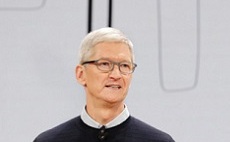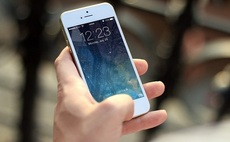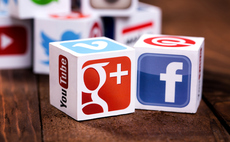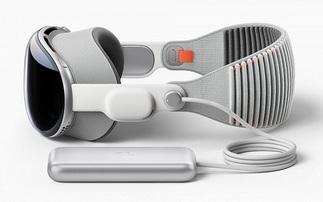Firm's first smartwatch comes with several apps ready to run from launch and 18-hour battery life
Apple has shown off the Apple Watch wearable device, revealing that it will be available to pre-order from 10 April and ship on 24 April with prices starting from £299 and rising as high as £13,500...
To continue reading this article...
Join Computing
- Unlimited access to real-time news, analysis and opinion from the technology industry
- Receive important and breaking news in our daily newsletter
- Be the first to hear about our events and awards programmes
- Join live member only interviews with IT leaders at the ‘IT Lounge’; your chance to ask your burning tech questions and have them answered
- Access to the Computing Delta hub providing market intelligence and research
- Receive our members-only newsletter with exclusive opinion pieces from senior IT Leaders






















